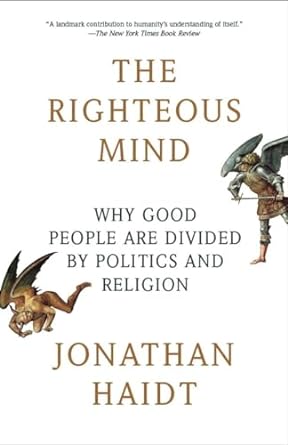Given Hume’s concerns about the limits of reasoning, he believed that philosophers who tried to reason their way to moral truth without looking at human nature were no better than theologians who thought they could find moral truth revealed in sacred texts. Both were transcendentalists.7 Hume’s work on morality was the quintessential Enlightenment project: an exploration of an area previously owned by religion, using the methods and attitudes of the new natural sciences.
Welcome back. Just a moment while we sign you in to your Goodreads account.


